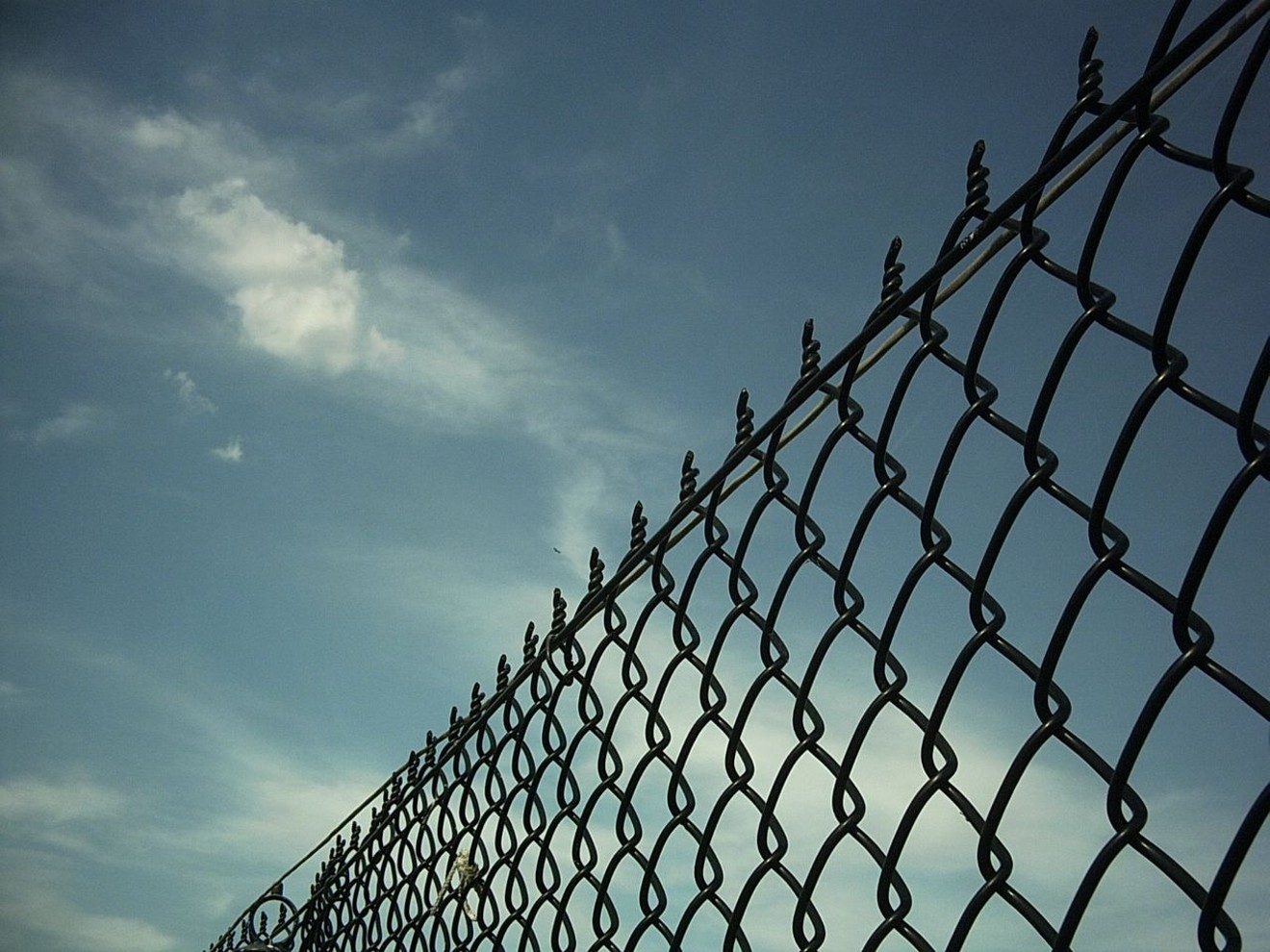In response, the state Department of Juvenile Justice released a statement today that effectively boils down to "actually, we're doing a great job." Rather than, say, offer a contrite explanation as to why hard video evidence and scores of witness testimonies show that Florida's juvenile prison system is a humanitarian nightmare, DJJ Secretary Christina K. Daly instead attacked the Herald's reporting.
"Today, the Miami Herald published a series of stories about the juvenile justice system in Florida that blatantly neglects to recognize DJJ’s years of aggressive, innovative reform efforts and nationally recognized success serving Florida’s youth and communities," the department wrote.
Herald investigations editor Casey Frank, who oversaw the series, did not immediately respond to a call from New Times about the DJJ's claims. But two things cannot be simultaneously true: Videos of kids getting mugged inside old-school, "adult"-style prisons (where adults probably shouldn't be housed anyway) don't exist in "nationally recognized" prison systems. The Herald outlined a practice by which prison guards routinely "groom" juvenile inmates to attack other kids in exchange for some honey-bun pastries. (The practice is so common it's known as "honey-bunning.")
The Herald said its investigation began
The Herald outlined case after case where guards either ordered kids to beat up other teens, sexually abused children, or watched kids die from alleged neglect. Of the 12 young people to die in Florida juvenile care since 2000, not a single guard or supervisor has served a day in prison, the Herald reported. (The paper also noted that one guard used a broom handle to beat inmates so often it was casually referred to as "broomie.")
The list of nightmarish allegations in the series is too long to fully recount. The Herald noted cases where staffers set up fights and bet on them; instances where the DJJ hired guards who had formerly been caught having sex with inmates; other cases where guards showed a teen pornography and watched him "fondle himself"; raped a transgender inmate; had sex with a child detainee in a closet; and abused one female detainee by using her head as a "toilet plunger." One Broward County youth counselor was allegedly so brazen about having sex with teen inmates she became known as the "cradle robber." The 12 juvenile deaths the Herald noted seem due to state negligence.
Perhaps equally important, the Herald notes the juvenile detention system doesn't seem to make society safer or really help anyone — 45 percent of detainees released in 2015
Daly and the DJJ didn't bother to apologize for any of those atrocities or explain why so much of the misconduct has been caught on-camera. Instead, the state detention system simply stuck by claims it has "no tolerance" for bad behavior or youth abuse even though the Herald series makes the opposite abundantly clear.
"We are 100 percent committed to youth safety and will hold anyone accountable who is not," Daly wrote, "up to and including the involvement of law enforcement to proceed with criminal prosecution."
Instead, the state's statement claims the Herald series "omits facts" and "ignores reforms" the system has undergone in the past few years. (Herald reporter Nick Nehamas noted online that many of those reforms materialized only after Marbin Miller began asking questions.)
The state claims juvenile arrests are at a 30-year low in Florida — but neglects to mention that crime overall is at a 30-year-low both state- and nationwide. The DJJ noted the Pew Charitable Trusts recently gave the Florida child detention system an award for implementing "evidence-based" programming to help reduce teen recidivism.
But the state's claims of unfair reporting don't hold up under the tiniest bit of scrutiny. Even if Florida ran the best juvenile prison system in America, that's not good enough: In 2016, the U.S. Department of Justice issued a statement demanding that "every youth prison in the country" be shuttered. After a litany of child rapes, beatings, and deaths in Florida, it's not difficult to see why.












